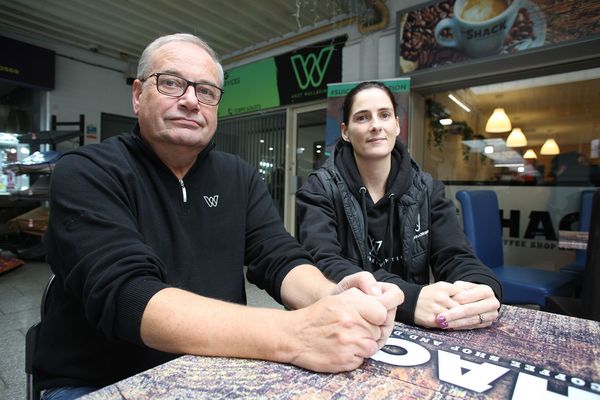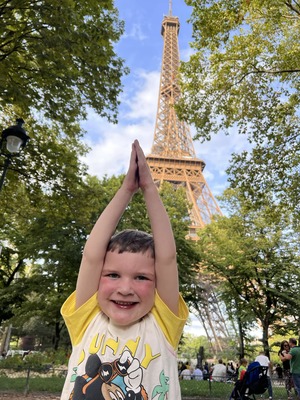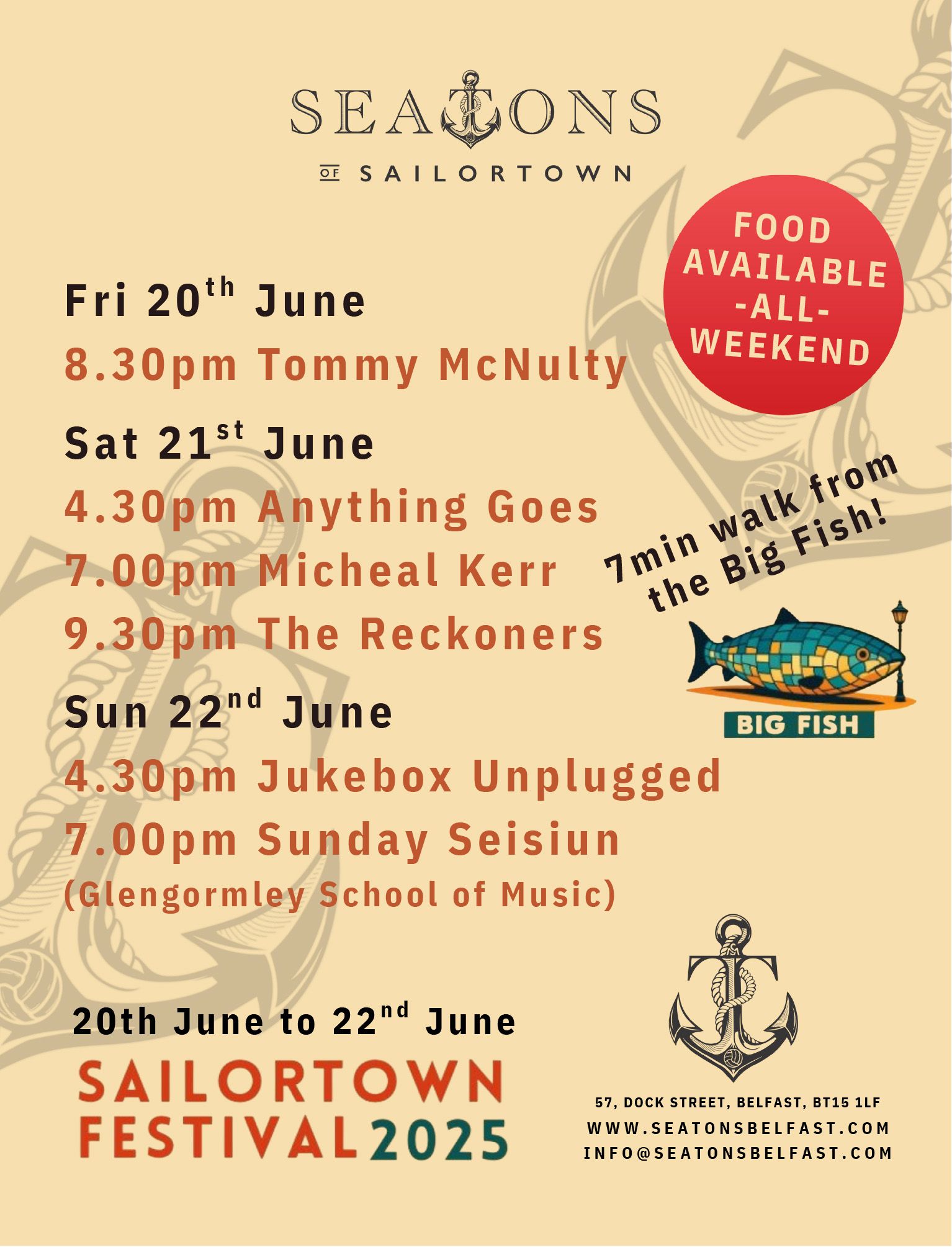A RANGE of organisations and representatives have attended the launch of a detailed human rights report into the conditions facing asylum seekers living in local contingency accommodation.
Launched by Participation and the Practice of Rights (PPR), a Human Rights NGO, also in attendance were elected representatives, commissions, oversight agencies and charities.
Mears Group, Migrant Help and the Home Office were invited to the event, but did not attend. Mears Group are an asylum accommodation and support service.
Prior to the event, over 150 residents across various settings collated photographic evidence and personal testimonies regarding their experiences of human rights failings relating to health, education, conditions, children, food, services and others.
An example of one of the personal testimonies regarding the poor quality of food stated: “Food quality is very bad with very limited options, even when it’s edible children cannot eat it. My children have lost weight (since coming to the hotel) and have iron deficiency.”
The Mears contract states that full board food “shall meet appropriate nutritional standards for each varied menu and satisfy cultural, religious, health or other specific requirements.”
Another testimony regarding living standards stated, “the £8/week (asylum allowance) doesn’t cover the essentials; it does not cover food or clothing or bus tickets or my children’s basic needs.”
UK law prohibits asylum seekers from being able to participate in work. Asylum seeks living in self-catering accommodation receive £40.85 a week allowance per person, however asylum seekers living in hostel or hotel accommodation in the North only receive £8.
9 families.
— PPR (@PPR_Org) October 11, 2022
Banned from working.
Living for months on £8 a week in ‘contingency accommodation’
Breakfast and lunch arrives on the stairs at 5.30am - mouldy.
Water collected in bucket when it’s on.@mearsgroup @niexecutive @ShriekingGreek @NIHRC @EqualityCommNI @NIPSO_Comms pic.twitter.com/u5gN14FrIf
Despite Home Office guidelines stating that “the amount of time people stay in initial accommodation can vary, three-four weeks is normal before moving on to dispersal accommodation” the testimonies of some asylum seekers demonstrates that this is not always the case.
One testimony shared, “my problem is living at the hotel with my family of four, we are living there for eight months, we haven’t moved to a dispersal accommodation.”
The initial report by PPR shared several testimonies as well as individual asylum seekers at the meeting sharing their first handed experiences. The report included analysis by PPR with a human rights-based approach and asylum seekers’ recommendations.
Representatives from The Kind Economy initiative were present at the meeting and spoke about their campaign.
“The Kind Economy initiative was launched in Spring 2022 by refugees and asylum seekers who are housed in contingency accommodation. Over 1,000 families and individuals are living in contingency accommodation locally. They are banned from working and receive £8 a week to live on. Widespread human rights failings have been reported by residents.
“We are your neighbours. We are kind and caring and we come from all over the world. We are a growing network of people and organisations working together to deliver a bright future for our families and communities.”
No place to play.
— PPR (@PPR_Org) October 6, 2022
No place to wash.
No place to eat.
No place to live.
Life for over 1000 families and individuals living in local hotels.
Mears, Home Office, local commissions and political party’s have been invited to receive a report from residents on 14th October. pic.twitter.com/TTsJQYScl8
The Kind Economy initiative supports asylum seekers who are banned from working with volunteering time and skills to supporting communities. The campaign lobbies to lift the ban to allow asylum seekers to work to help build a kind economy. The meeting heard from individual asylum seekers who have various qualifications and previously worked as midwives, chefs and engineers but are not allowed to work here due to the current law.
One said, “We can’t provide for our families. Let us work and pay taxes.”
Following the report, political representatives, commissions and departments were all invited to share their thoughts and potential solutions.
Alison Kilpatrick, Chief Commissions for the Human Rights Commission and Geraldine McGahey, Chief Commissioner for the Equality Commission stated that while their powers are not as expansive as they would like both organisations made commitments to do more to support the needs of asylum seekers.
Representatives from Sinn Féin, Alliance Party, Green Party and People Before Profit were all present and contributed to the discussion and committed to doing more for asylum seekers.
West Belfast MLA, Gerry Carroll made commitments to visit the hotels where asylum seekers are currently residing.
“You’re welcome here,” he stressed and called on the lifting on the ban stating “everyone here should be allowed to work.”
This morning, I attended the launch of a powerful human rights report by PPR on the plight of asylum seekers in contingency accommodation.
— Gerry Carroll (@GerryCarrollPBP) October 14, 2022
Private firms that run these facilities are profiting off the misery of people forced to live in the most abhorrent conditions.@PPR_Org pic.twitter.com/6xI6wusmuO
Representatives from the Children’s Commissioner and the NI Executive Department were also heard as well as the Children’s Law Society and the Health and Social Care spokesperson Stephen Long.
All in attendance vowed to do more to support those living in contingency accommodation. Another meeting will be taking place in February to discuss the progress made on the commitments promised.







